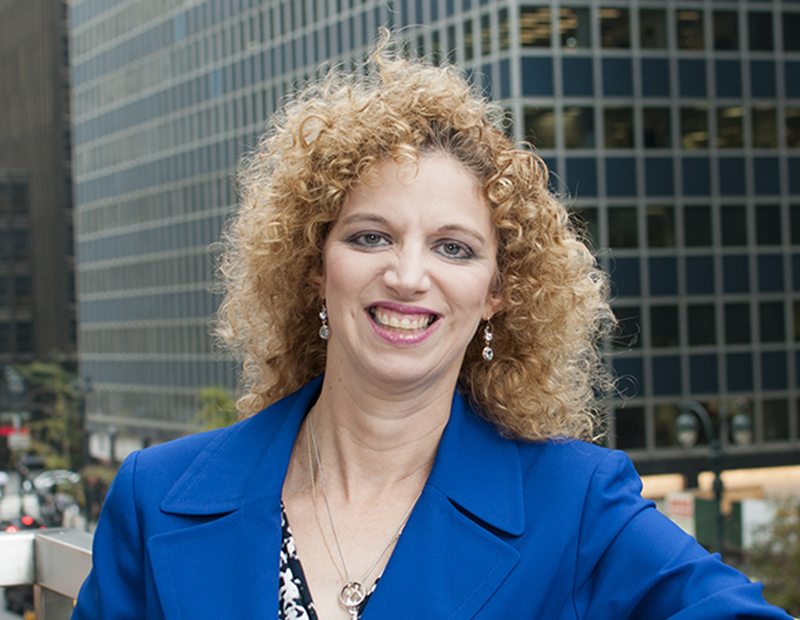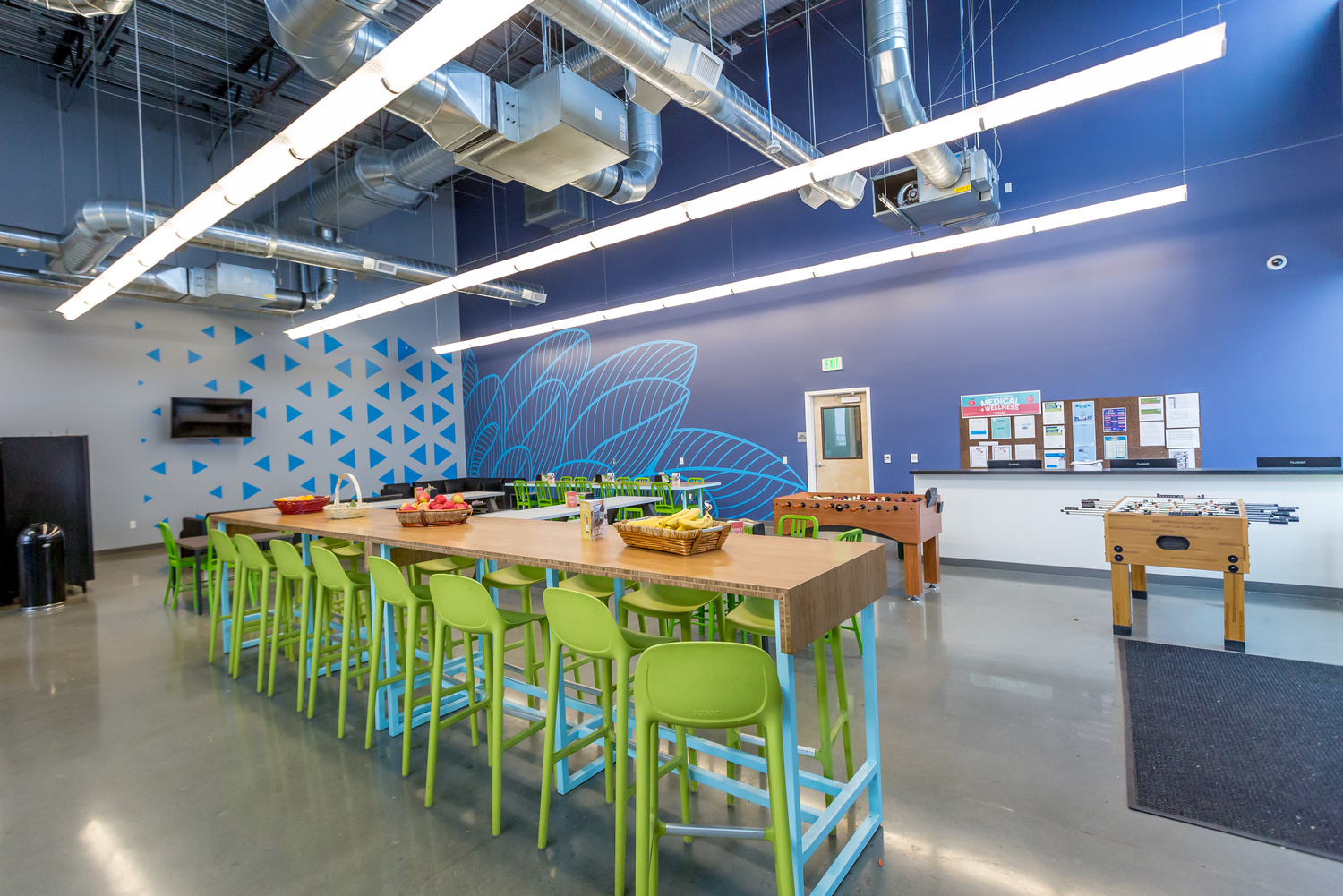Net Lease Cap Rates Increase for 3rd Consecutive Quarter
The Boulder Group's Randy Blankstein on how macroeconomic factors are impacting this sought-after sector.
Cap rates in the single-tenant net lease sector increased for the third consecutive quarter within all three sectors in the fourth quarter of 2022. Single-tenant cap rates increased to 5.95 percent (+9 bps) for retail, 6.95 percent (+15 bps) for office and 6.65 percent (+4 bps) for industrial in the fourth quarter of 2022. Continued upward pressure mounts on cap rates for net leased properties, as borrowing costs for both private and institutional investors increases. For reference, the 10-Year Treasury Yield ended 2022 at 3.87 percent after beginning 2022 at 1.53 percent.
Following historically low cap rate levels for all three assets classes in Q1 2022, the retail and office sectors experienced a significant rise throughout 2022. Single-tenant retail cap rates rose by 20 basis points while office cap rates expanded by 25 basis points from Q1 to Q4. Industrial cap rates widened to a lesser extent, just 5 basis points. The primary reason for increasing cap rates is related to borrowing costs, which impacted pricing in all real estate sectors. Accordingly, the amount of private 1031 exchange investors dwindled as the year concluded. Furthermore, private and 1031 buyers who are active in the market are using less or no debt given the spread between cap rates and current borrowing costs.
Transaction Volume Lags
Market supply of net lease assets increased in the fourth quarter as transaction velocity slowed and properties remained on the market for longer durations. In the fourth quarter of 2022, the supply of net leased properties increased by more than 10 percent. Recently constructed properties leased to Dollar General experienced cap rate expansion of 40 basis points over the past quarter. Other notable increases from Q3 to Q4 for recently constructed properties include 7-Eleven (+25 bps), DaVita Dialysis (+25 bps).
Transaction volume for the net lease sector will continue to lag the robust transaction levels of 2021 as increased borrowing costs and a decreasing amount of 1031 exchange investors hinders activity. The Federal Reserve’s monetary policy will continue to impact the market and net lease investors will carefully monitor its future meetings. It is important to note that despite the challenges facing the sector, net lease transactions are occurring. Investor demand from 1031 buyers will be primarily concentrated in assets with the strongest perceived attributes (top tier credit, long-term leases and strong markets with demographic growth or advantageous tax policy).
Randy Blankstein is President of net lease advisory firm The Boulder Group.








You must be logged in to post a comment.